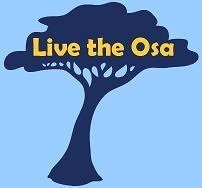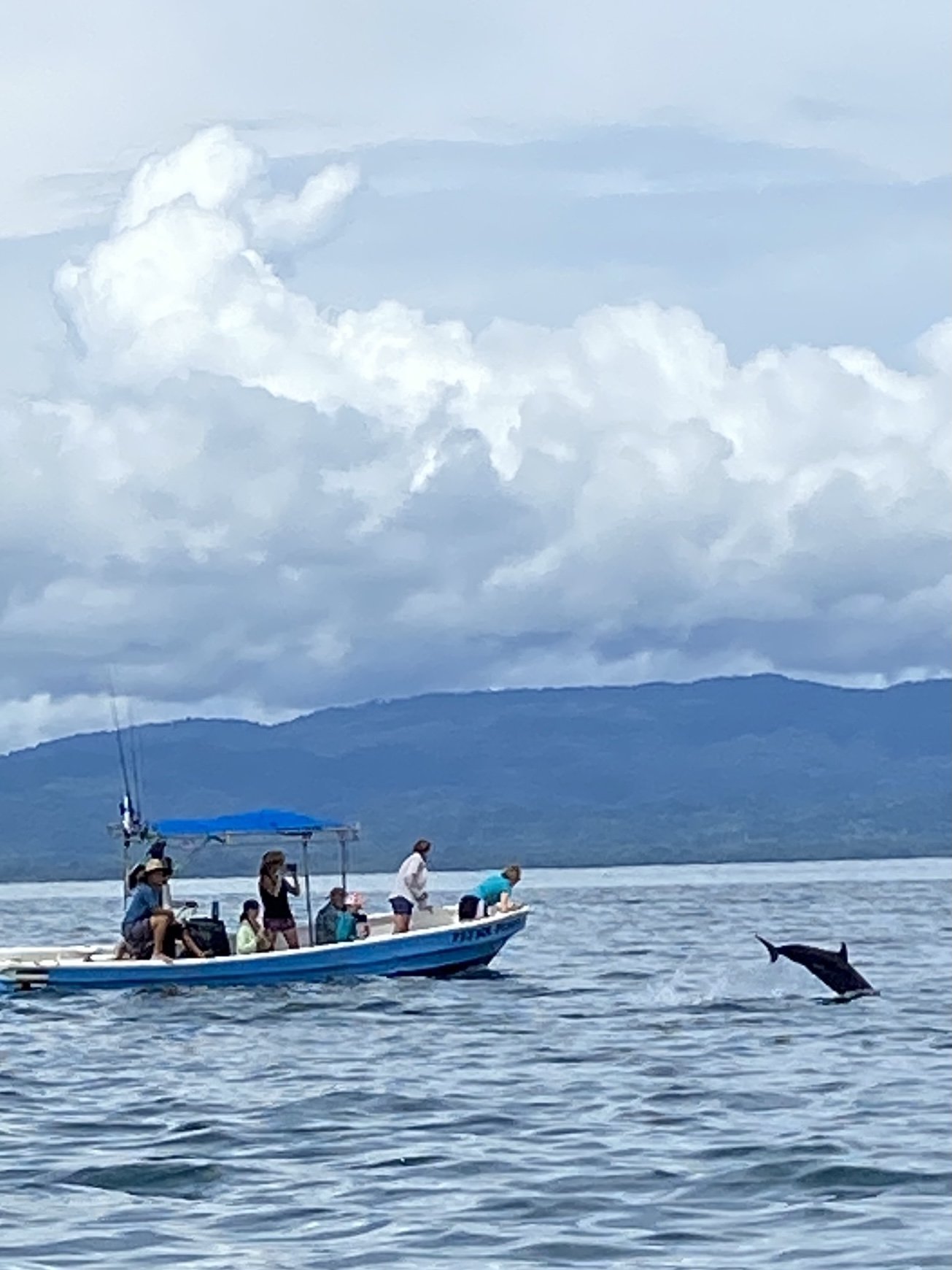FAQS
-
The Handbook has all the necessary contact information. A copy of Marlene's phone number in Costa Rica and Helaine's phone numbers in the U.S. should be left with your emergency contact, along with instructions on how to call Costa Rica. We will do everything possible to put family members or friends in contact and help plan necessary logistics.
-
911 exists in Costa Rica and should be used in case of emergency. Other important phone numbers are in the Handbook (sent to you when you register for a program). You should carry a copy of the emergency numbers page with you at all times. If you are in the Osa, contact 911 and Marlene, or go directly to the health clinic in town.
Costa Rica has socialized health care and everyone is treated without charge (however, sometimes a donation is asked of foreigners). Puerto Jimenez has a clinic (small hospital). More severe cases are transported to Golfito Hospital (a 30 minutes boat ride across the Gulf) or directly to San José (45 min flight). San José has both public and private hospitals. I recommend both Clinica Biblica and CIMA as excellent private hospitals in San José. Detailed information is in the Handbook.
-
As part of the application process, you will be required to check with your insurance company about if they have coverage in Costa Rica and if so, how that coverage works. Every company has different policies. Before you leave the U.S., you will be required to send detailed information about your health insurance coverage, as well as their evacuation policies. Failure to have proper coverage could delay your trip.
Several interns purchase additional travel health insurance. There are several companies that sell short-term travel policies at affordable rates. I recommend STA Travel or Allianz.
-
Item description
-
Most issues are related to the change in food, water, and climate. Stomach aches are common during the first few weeks and can be treated yourself with Pepto-bismol or tea. Headaches are also common and usually can be remedied with lots of water. Dehydration can occur quickly in this climate. Let Marlene know if you do not feel well and consult a doctor at the pharmacy if symptoms last.
-
No vaccinations are required to enter Costa Rica. However, we do recommend prior to departure that you talk to your doctor about recommendations. The most up-to-date vaccination information can be found on the Center for Disease Control website or by consulting a travel doctor.
-
Road accidents: Costa Ricans are not known for their safety record on the road. Please use common sense when getting into someone else's car or taxi and use a seatbelt even if they don't. As a biker or pedestrian, be aware that cars have the right of way. Stay on the side of the road and always wear a helmet. Your bike and helmet will be provided upon arrival and are included in the program cost.
Harassment: Female travelers especially should do some research on this topic. It is common for Costa Rican males to whistle or cat-call women. As annoying as this can be, this is mostly harmless if ignored. The more attention you give it, the more you will get back. If you are in an uncomfortable situation, remove yourself immediately and let Marlene know. Interns should always be cautious, use common sense, and not be "overly trusting" of the locals. Marlene can give you excellent "local" advice on making friends.
Theft & Crime: Puerto Jimenez is a small town with little crime, however, theft does occur. Again, use common sense, air on the side of caution, and ask Marlene if you are not sure about something or someone. There is a police station in town, but the townspeople mostly look out for one another. You should carry a copy of your passport, a copy of your health insurance card, and the phone number list from the Handbook with you at all times. Keep your actual passport in the lockbox at el Ceibo.
-
This is the most common question we get asked! Yes, there are snakes and insects, but they are not easy to see. It is rare to see a snake of any kind, as they are just as afraid of humans as humans are of them. Most snakes found in the Osa are non-venomous, however, some species of venomous snakes do live there. In general, snakes will rarely bite unless provoked, trodden upon, or grabbed. To avoid a negative encounter with a snake, wear closed-toes shoes at night and always use a flashlight.
Insects are more abundant than snakes, however, their bites are non-life-threatening (unless you have an allergy). Mosquitoes, ants, and spiders exist but can easily be avoided by following simple safety measures such as wearing repellent and using the provided mosquito nets over the beds. It is also important to keep food out of your bedroom, wear closed-toed shoes in the grassy areas and ask Marlene or Luis about the different insects (many of them do not sting and will not bother you).




